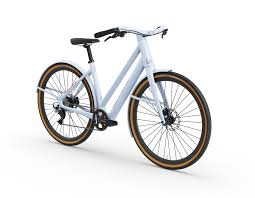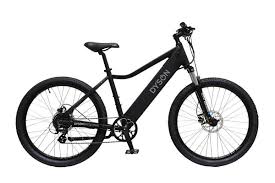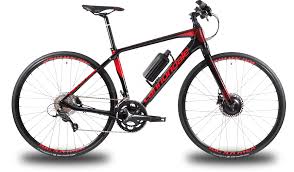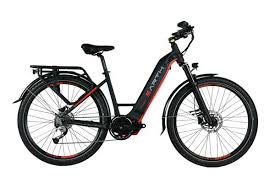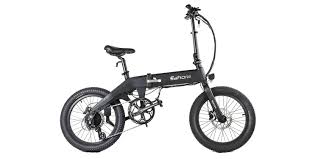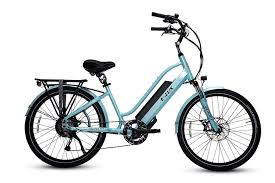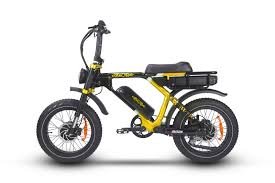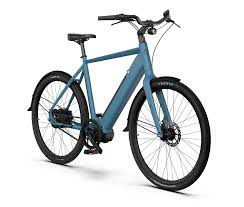
Electric bikes are classified into different categories based on their power and speed capabilities. The classifications help riders, manufacturers, and regulatory bodies standardize the usage and ensure safety. Let’s dive into the details of Class 1, 2, 3, and 4 electric bikes and compare their features in a tabular format.
Class 1 E-Bikes
Class 1 e-bikes are pedal-assist only, meaning the motor provides assistance only when you are pedaling. The motor cuts off when the bike reaches 20 mph.
Class 2 E-Bikes
Class 2 e-bikes have both pedal-assist and throttle modes. The throttle mode allows the bike to be powered without pedaling, but the motor assistance still cuts off at 20 mph.
Class 3 E-Bikes
Class 3 e-bikes are similar to Class 1 but with a higher speed limit. They provide pedal assistance up to 28 mph. These bikes often come with a speedometer.
Class 4 E-Bikes
Class 4 e-bikes are high-powered bikes that can exceed 28 mph. They often have motors more powerful than 750W and are not legally considered bicycles in many places, requiring registration and adherence to motor vehicle laws.
Comparison Table
| Feature | Class 1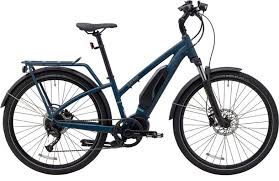 | Class 2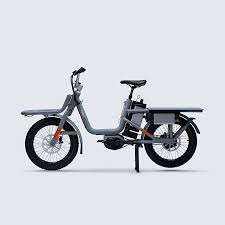 | Class 3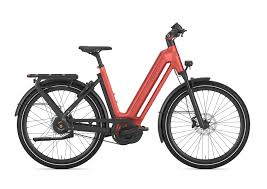 | Class 4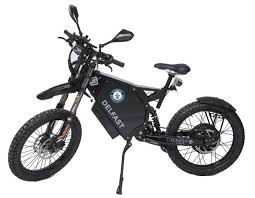 |
|---|---|---|---|---|
| Motor Assistance | Pedal-assist only | Pedal-assist and throttle | Pedal-assist only | Pedal-assist and throttle |
| Top Assisted Speed | 20 mph (32 km/h) | 20 mph (32 km/h) | 28 mph (45 km/h) | Above 28 mph (45 km/h) |
| Motor Power | Up to 750W | Up to 750W | Up to 750W | Typically above 750W |
| Throttle | No | Yes | No | Yes |
| Regulations | No license or registration | No license or registration | Helmet required, varies by region | Registration and license required in many areas |
| Use Case | Commuting, leisure | Commuting, leisure, short trips | Commuting, sport riding | Off-road, private property, limited public road use |
| Safety Equipment | Standard bike safety gear | Standard bike safety gear | Helmet required, recommended additional safety gear | Full protective gear recommended |
Detailed Explanation
Motor Assistance and Speed
- Class 1 and 3: Both these classes provide pedal assistance, but Class 3 bikes offer higher speeds up to 28 mph, making them suitable for faster commutes.
- Class 2 and 4: These classes include throttle mode, allowing you to ride without pedaling, which is convenient for quick starts and stops.
Motor Power
- All classes typically have motors up to 750W, except for Class 4, which can exceed this limit, providing more power and speed.
Throttle
- Throttle mode is available in Class 2 and Class 4 bikes, adding convenience but also requiring more cautious handling.
Regulations
- Class 1 and 2 bikes generally don’t require licenses or registration, making them accessible to a wider range of riders.
- Class 3 bikes may have additional requirements like helmet use.
- Class 4 bikes often fall under motor vehicle regulations, necessitating registration and a driver’s license in many regions.
Use Case
- Class 1 and 2: Ideal for urban commuting, leisure rides, and short trips.
- Class 3: Suited for faster commutes and sportier rides, often preferred by fitness enthusiasts.
- Class 4: Best for off-road adventures and use on private property due to their higher speed and power.
Safety Equipment
- Standard bike safety gear is sufficient for Class 1 and 2.
- Class 3 riders should consider additional safety measures due to higher speeds.
- Class 4 riders should use full protective gear given the bike’s higher speeds and power.
Conclusion
Understanding the different classes of electric bikes helps you choose the right one for your needs. Whether you’re commuting in the city, enjoying a leisurely ride, or seeking an adrenaline-filled off-road adventure, there’s an e-bike class tailored for you. Use the comparison table to weigh the features and regulations, ensuring you select an e-bike that fits your lifestyle and local laws. Happy riding!
